Militants accused of extorting money from residents in Syria’s Kurdish town of Afrin

ERBIL, Kurdistan Region - Militia groups have been accused of extorting money from the residents of the Kurdish town of Afrin in northwest Syria despite promises from the interim government to replace the militants with security forces affiliated with Damascus. The United Nations on Thursday called on the Syrian authorities to protect its citizens.
The residents of Afrin, which has been under the control of radical groups supported by Ankara since 2018 after the expulsion of Kurdish forces, had hoped that the collapse of Bashar al-Assad’s regime in December and the deployment of state-affiliated forces would put an end to years of oppression by militia groups. However, the violations have persisted, despite promises from the transitional government to integrate these fighters into the country's new army and replace them with forces under its control.
Ibrahim Shekho, a prominent Kurdish lawyer and human rights activist who hails from Afrin, told Rudaw on Thursday that the militants are extorting money from people under the name of the so-called “economic offices.”
“These offices belonging to armed groups that are now operating are supposed to be public security offices in Afrin, but unfortunately, they cannot do their work and return people's property. The oppression that is happening is being done with Turkish weapons and armed groups,” he added.
The offices forcibly impose taxes on the area's olives and seize people's property in the area, in addition to denying citizens' ownership of their own property and land, locals say. The actions of these groups have raised concerns among Kurdish farmers, as the olive harvest season approaches.
The olive harvest season begins from mid-October and continues until the end of the year.
The produce is sent in sacks to olive processing plants where; after being turned into liquid oil, it is placed in 17-kilogram containers for the markets. If the owners do not pay taxes, the armed groups seize it.
“Armed groups do not allow displaced people to return to their homes and properties, telling them they cannot return until after the harvest season. I believe they want to impose taxes on the produce and then return the properties,” Shekho said.
Afrin is renowned for its olive trees, which are a major part of the town’s economy and culture.
Rudaw’s Namo Abdulla took the issue to the United Nations’ headquarters in New York, asking UN Secretary-General Antonio Guterres' spokesperson, Stephane Dujarric, whether this violates the international laws.
Dujarric avoided answering the question during the press briefing on the grounds that he had not seen such reports.
“I have not seen that report. I will look on it, but obviously, as we've said many times, it's critical for all Syrians, regardless of their ethnicity, their religion, to feel that they're protected by the state and that the state protects them,” he said instead.
[Source: Rûdaw English]

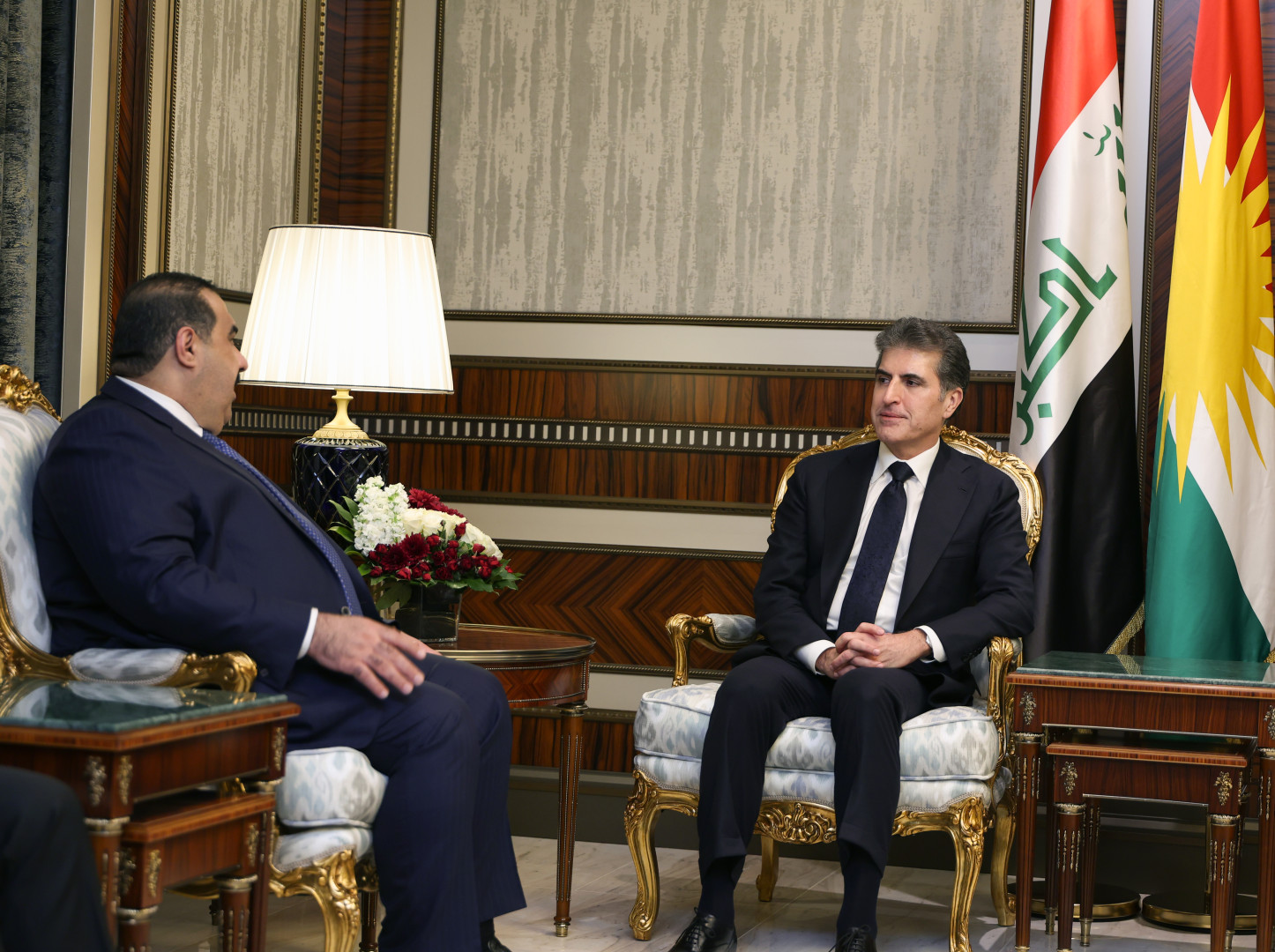

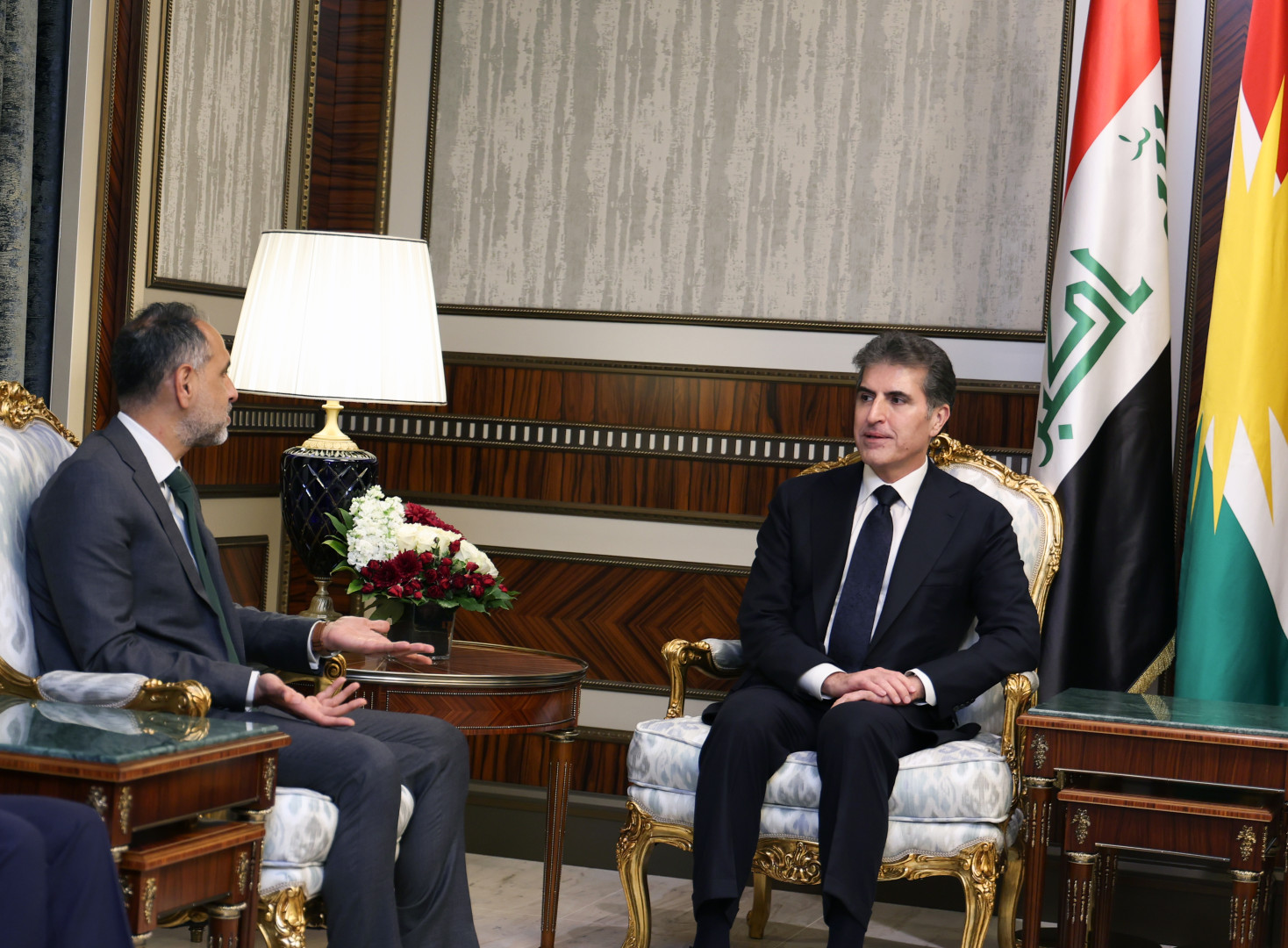



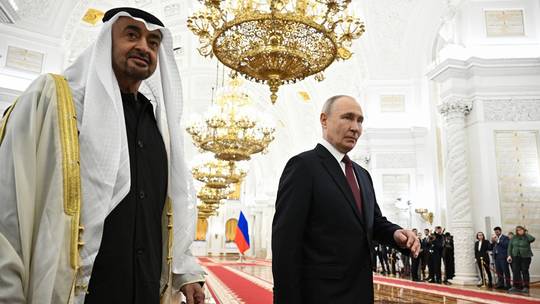
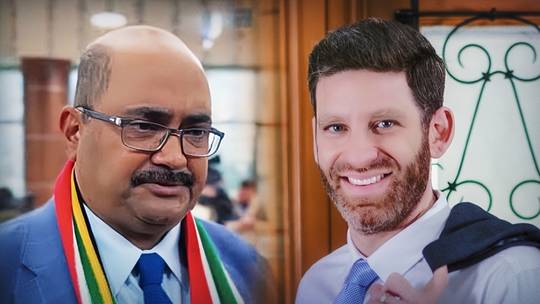









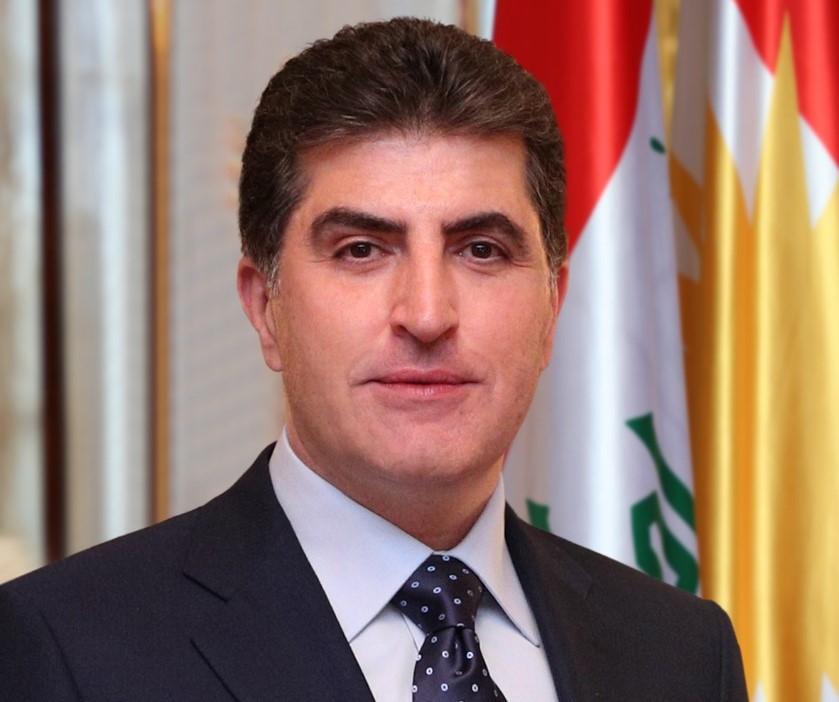




/file/attachments/orphans/IMG_9103_429753.jpeg)




























